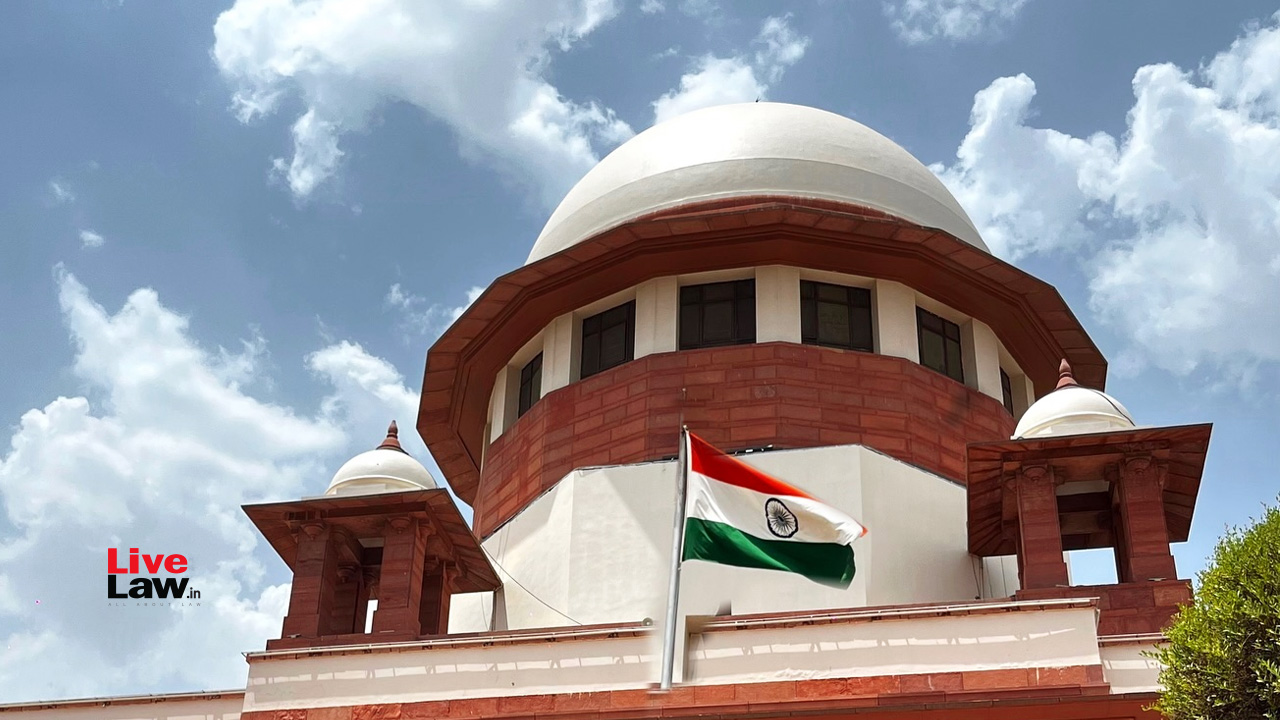 |
|
The Supreme Court of India has delivered a landmark judgment, striking down provisions in prison manuals that perpetuate the stereotype of denotified tribes as habitual offenders. The court's decision, based on the case of Sukanya Shantha v. UOI & Ors., highlights the enduring impact of colonial-era legislation that unfairly categorized entire communities as prone to criminal activity. This judgment underscores the need for a more equitable and just approach to penal practices in India, ensuring that marginalized groups are not unfairly discriminated against within the prison system.
The court's ruling stems from the 1871 Criminal Tribes Act, which empowered the British government to declare specific communities as “criminal tribes” based on the assumption that they were inherently prone to crime. This discriminatory law subjected these groups to heightened surveillance, social stigma, and even forced nomadism. While the Act was repealed in 1952, its legacy continues to haunt denotified tribes, as they are still often perceived as inherently criminal and treated differently in the prison system.
The Supreme Court's decision to condemn the provisions in the prison manuals that perpetuate this harmful stereotype is a significant step towards dismantling the systemic prejudice faced by denotified tribes. The court recognized that the practice of labelling individuals as habitual offenders based on their membership in a particular group is discriminatory and unconstitutional. It also emphasized that the definition of ‘habitual offenders’ used in the prison manuals is vague and overbroad, susceptible to abuse and reinforcing harmful stereotypes. The judgment calls for a complete overhaul of the prison manual/rules, requiring them to be aligned with the principle of equal treatment and ensure that inmates are not categorized based on their caste or origin. It further emphasizes the importance of addressing the systemic issues that have led to the continued marginalization of denotified tribes, including their limited access to education, employment, and social services.
The Supreme Court’s ruling in the Sukanya Shantha case marks a significant turning point in the struggle for justice and equality for denotified tribes in India. It offers a glimmer of hope that the courts will continue to play a proactive role in challenging discriminatory practices and safeguarding the rights of marginalized communities. However, it is crucial to remember that achieving real change requires a multi-pronged approach. Alongside judicial interventions, the government must prioritize the implementation of comprehensive social welfare programs, educational initiatives, and economic opportunities to empower denotified tribes and dismantle the systemic barriers they face.
